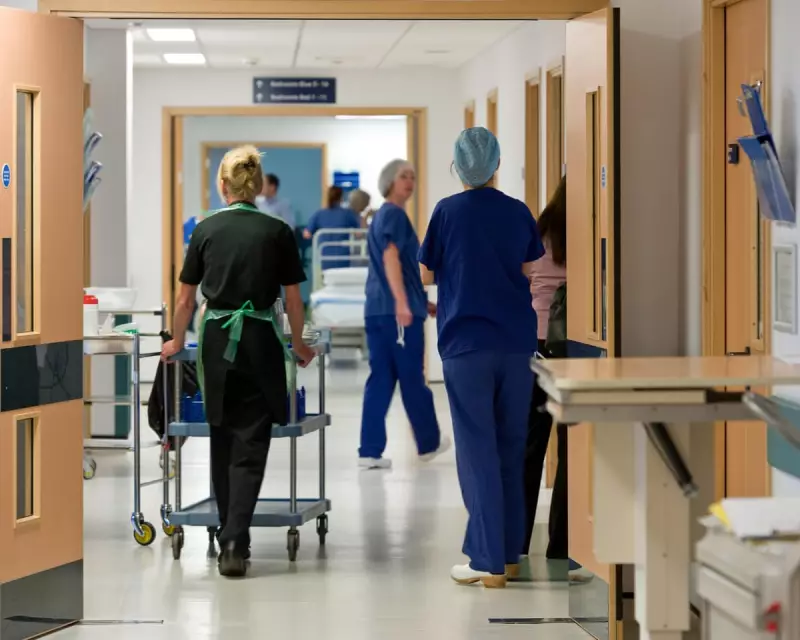
A powerful parliamentary committee has delivered a stark warning that the NHS is failing to cut waiting times as promised in its official recovery plan, despite the investment of billions of pounds.
Stalled Progress and Broken Pledges
The Public Accounts Committee (PAC) found that improvements in providing faster tests and treatment have effectively stalled. This raises serious questions about the Labour government's ability to deliver on its key election pledge to fix the NHS and restore the 18-week waiting time standard for hospital care by 2029.
The cross-party report highlights that far more patients than intended are still enduring long waits. This includes excessive delays for non-urgent hospital care, sometimes stretching beyond a year, and for crucial diagnostic tests. Specifically, the report found that 22% of patients are waiting more than six weeks for an X-ray or scan, a figure drastically higher than the 5% target set for March 2025.
Furthermore, the total elective care waiting list remains dauntingly high at 7.4 million clinical pathways. While this represents a reduction of approximately 220,000 since Labour took office in July 2024, the pace of improvement is not on track to meet the government's ambitious goals.
Costly Reorganisation and Political Fallout
The PAC report also launched a surprising critique of Prime Minister Keir Starmer and Health Secretary Wes Streeting for their unplanned reorganisation of the NHS in England. The committee deemed this move not prudent, noting it was decided upon without allocated funds or a proper impact assessment.
This criticism draws a direct and unfavourable parallel to the chaos surrounding major projects like HS2 and the new hospitals programme, suggesting a repeat of poor governmental practice.
The findings place significant political pressure on the government. The public's top priority is reducing NHS waits, and the report emerges as Reform UK has recently overtaken Labour as the party voters trust most on healthcare policy. This gloomy assessment stands in sharp contrast to the optimistic picture painted by Wes Streeting just last week, where he claimed the NHS is on the road to recovery.
Patient Impact and Expert Reaction
Beyond the politics, the report sounds a loud alarm about the real-world consequences for patients. Clive Betts, the committee's deputy chair and a Labour MP, emphasised that every unnecessary day on a waiting list increases patient anxiety and risk, particularly for those awaiting a diagnosis.
The reaction from health groups and opposition parties has been severe. The Liberal Democrats' health spokesperson, Helen Morgan, called the situation a shambles and said the report should set off alarm bells in Downing Street.
Rachel Power of the Patients Association stated the findings confirm what patients have felt for years: the NHS is still not delivering timely care. Meanwhile, Siva Anandaciva of the King's Fund thinktank noted this adds to evidence that the UK is lagging behind other countries in post-pandemic health service recovery.
In response, a Department of Health and Social Care spokesperson defended the government's record, highlighting that waiting lists are falling for the first time in 15 years and that over 5 million extra appointments have been delivered.






